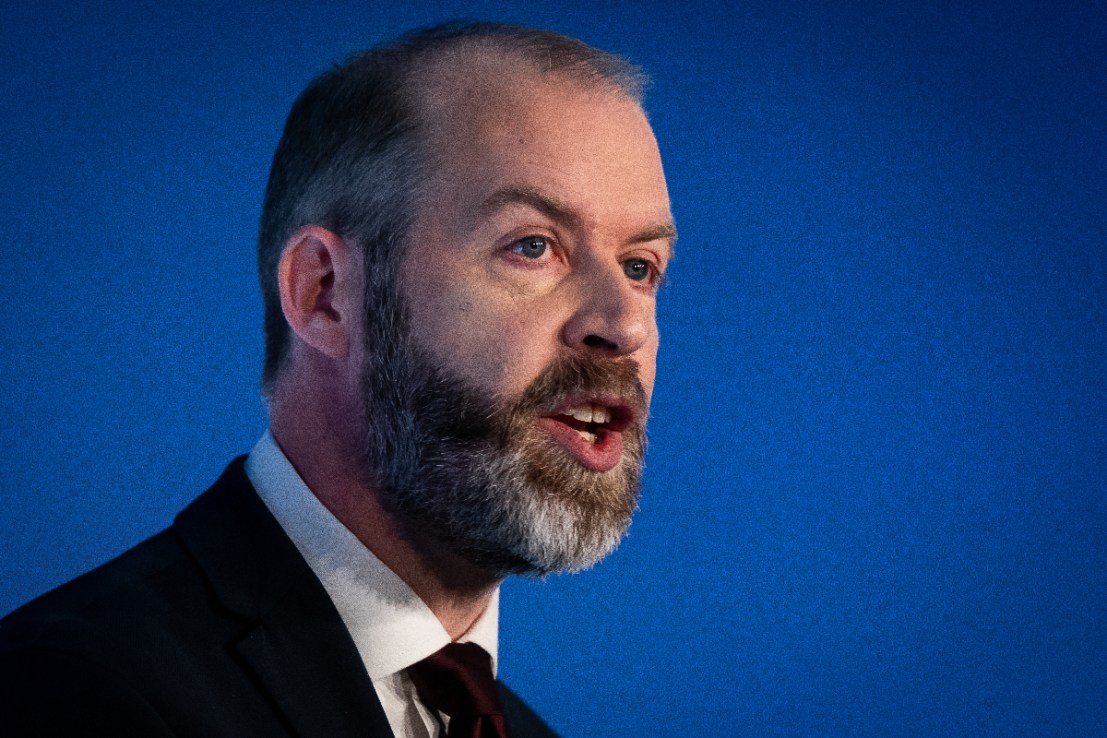Iran cannot be allowed nuclear weapons, says Reynolds


The UK would have preferred a diplomatic solution to the conflict between Israel and Iran, the Business Secretary Jonathan Reynolds has said.
Reynolds told BBC’s Sunday with Laura Kuenssberg programme he could not “pretend that the prevention of Iran having a nuclear weapon is anything other than in the interests of this country,” but would have chosen a different outcome.
“The outcome. It isn’t the means by which anyone in the British government would have wanted to see this occur.”
Reynolds refused to weigh in on whether the UK strike was legal under international law. “It is where we are today,” he said.
US President Donald Trump has launched strikes against three Iranian nuclear sites, including the notorious Fordow facility, in a dramatic development of the conflict in the Middle East.
Iran’s foreign minister Abbas Arahchi warned the attacks would have “everlasting consequences” and that Tehran would explore “all options” in its retaliation.
Israel and Iran have been exchanging a barrage of missiles since Benjamin Netanyahu first launched strikes on Thursday night.
Prime Minister Sir Keir Starmer on Sunday called on Iran to “return to the negotiating table and reach a diplomatic solution to end this crisis.”
When asked whether he wanted regime change in the Middle Eastern nation, cabinet minister Reynolds said he wanted “a different position” for the people of Iran. “I think anyone who cares about humanity would want to see a different position for the Iranian people, given what they suffer from that government.
“But that is not what the question is here. The simple truth is this: Iran and the Iranian regime, because of their behaviour in the region, because of the risk that poses, and because of the risk and the activities they undergo in relation to this country, we couldn’t allow them to have a nuclear weapon or a nuclear facility.”
A poll from the think tank More in Common found 84 per cent of Brits wanted to stop Iran from developing nuclear weapons, while 44 per cent supported UK military intervention in the region.


